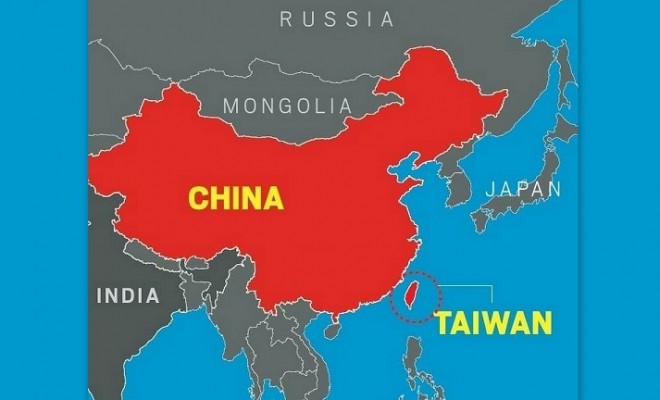
The US could cope with deglobalisation. Europe couldn’t
True ‘deglobalisation’ – disintegration of the global economy – would be triggered by a political event, like China invading Taiwan. That would be a big problem for Europe’s economy.
Foreign policy analysts sometimes indulge in grand narratives that have little basis in data. Talk of ‘deglobalisation’ is one such narrative, and has been on the rise since 2016. On some measures global economic integration has stalled, while on others, it continues to grow. A 1930s-style collapse in trade and international investment did not happen after the global financial crisis in 2008 – or after Donald Trump’s election victory. However, the risks of outright deglobalisation have clearly risen after Vladimir Putin’s invasion of Ukraine and Xi Jinping’s decision to strengthen ties with Russia (if more in word than deed). If Xi decides to invade Taiwan, and the US and its allies impose sanctions on China in response, international trade and investment would fall substantially. Europe’s economy is far more vulnerable to such disintegration than that of the US.
Global goods trade remained high after Trump took office, fell rapidly during the pandemic, and then recovered (unlike the 1930s, when it fell precipitously to a lower level and stayed there). Global services trade has been steadily growing since the financial crisis. After 2009, global cross-border lending stagnated: slower trade growth meant less international credit was needed to facilitate it. But foreign direct investment – investment in companies, buildings and machinery – continued to rise, especially in emerging economies. So too did migration flows. But if China, Russia and the West separate into two opposing political and economic blocs, true deglobalisation would ensue.
Συνέχεια εδώ
Πηγή: cer.eu




